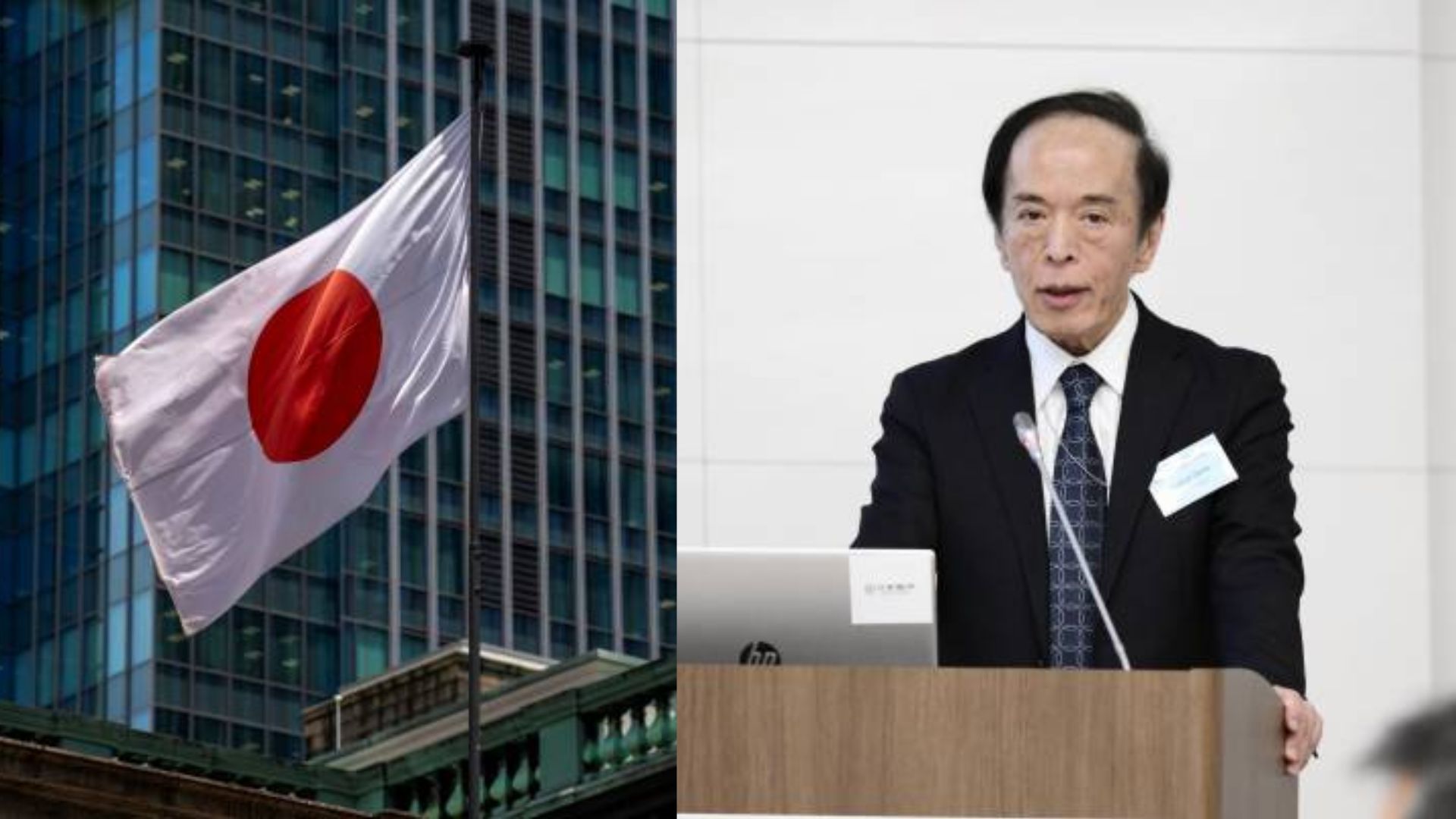The Bank of Japan (BOJ) has decided to maintain its policy rate in the range of 0%-0.1%, which aligns with the predictions from a Reuters poll of economists.
This decision follows the core inflation rate in Tokyo for April, which was recorded at 1.6%, falling short of the anticipated 2.2%.
Additionally, the BOJ will persist with its bond purchase program, continuing to buy approximately six trillion yen ($83.5 billion) per month, a strategy set in March.
Despite not addressing the yen directly in its policy statement, the currency weakened to 156.7 against the U.S. dollar following the announcement.

BOJ holds rates steady, continues bond purchases, and revises inflation outlook amid weaker yen concerns.
BOJ Governor Kazuo Ueda emphasized that while the bank’s policy does not explicitly target currency rates, exchange rate volatility can significantly influence Japan’s economy and prices.
He noted that the current weak yen has not had a substantial impact on underlying inflation, though he warned about potential cost-push inflation.
Cost-push inflation happens when increased production costs lead to higher prices.
The BOJ has adjusted its inflation outlook for fiscal 2024, now expecting it to range between 2.5% and 3%, up from the earlier forecast of 2.2%-2.5%. Inflation is predicted to slow to around 2% in fiscal 2025 and 2026.
Conversely, the GDP growth forecast for fiscal 2024 has been downgraded to 0.7%-1%, from January’s prediction of 1%-1.2%.
Looking ahead, the BOJ will continue to maintain accommodative financial conditions but has indicated that future monetary policy adjustments will depend on economic and price developments.
The bank remains vigilant regarding the high uncertainties in the economic and financial area and is prepared to adjust monetary accommodation if underlying inflation increases as forecasted.
